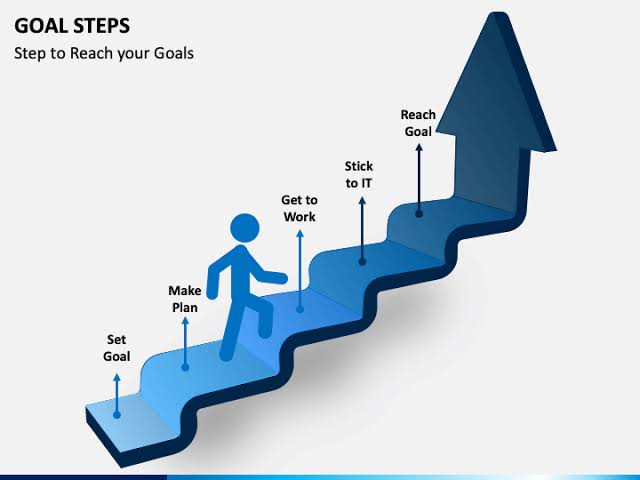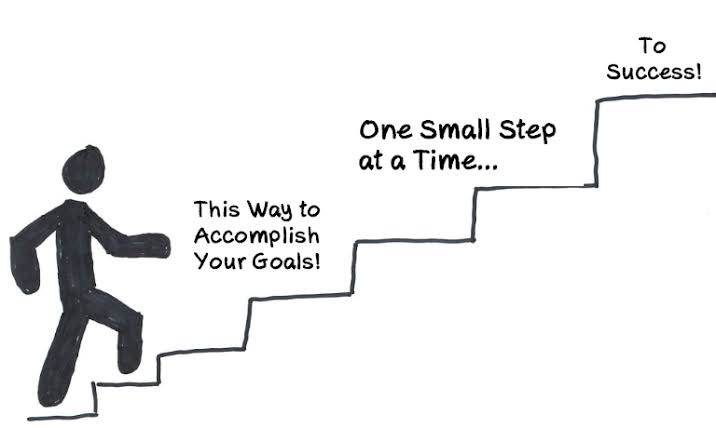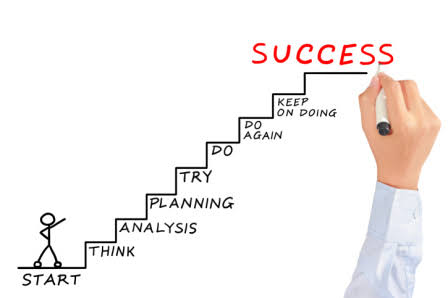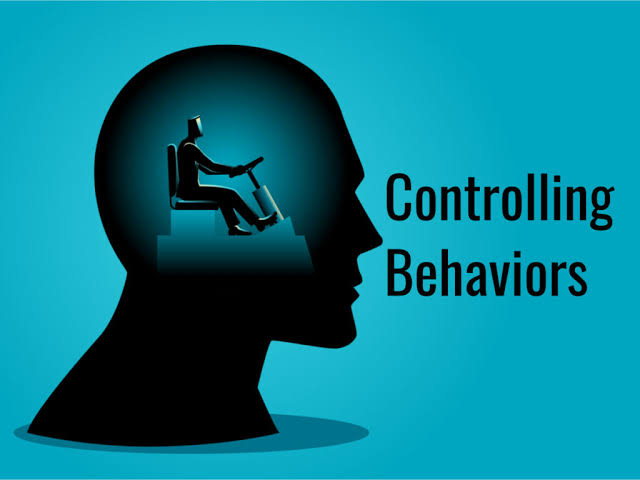To effectively target and achieve your goals, you can follow these steps:

Define your goals: Clearly identify and articulate what you want to accomplish. Make sure your goals are specific, measurable, achievable, relevant, and time-bound (SMART goals).
Break it down: Divide your goals into smaller, manageable tasks or milestones. This breakdown helps you understand the steps required and allows for a sense of progress along the way.

Prioritize: Determine which goals are most important and prioritize them accordingly. Consider the potential impact, urgency, and alignment with your long-term objectives.
Create an action plan: Develop a detailed plan that outlines the specific actions you need to take to achieve each goal. Break down the tasks further, set deadlines, and allocate resources.

Stay focused: Maintain your focus on the goals you have set. Avoid getting distracted by unrelated tasks or new opportunities that may arise. Regularly review your progress and make adjustments as needed.
Track your progress: Monitor your progress by tracking key metrics or milestones. This will help you stay motivated, identify potential obstacles, and make any necessary adjustments to your approach.

Seek support: Don’t hesitate to seek support from others. This can include seeking advice from mentors, collaborating with colleagues, or delegating tasks to a team. Surround yourself with people who can provide guidance, encouragement, and accountability.
Stay motivated: Keep your motivation levels high by reminding yourself of the reasons why you set these goals in the first place. Celebrate your achievements along the way, no matter how small, to maintain momentum and a positive mindset.

Adapt and persevere: Be prepared to adapt your plans as circumstances change or new information arises. Sometimes you may face obstacles or setbacks, but it’s important to persevere and find alternative approaches or solutions.
Review and learn: Once you achieve your goals or complete a significant milestone, take the time to review your journey. Reflect on what worked well, what didn’t, and the lessons you learned. Apply these insights to future goal-setting processes.
Remember, effective goal targeting requires consistency, discipline, and a proactive mindset. Stay committed to the process and adjust your approach as needed to increase your chances of success.




